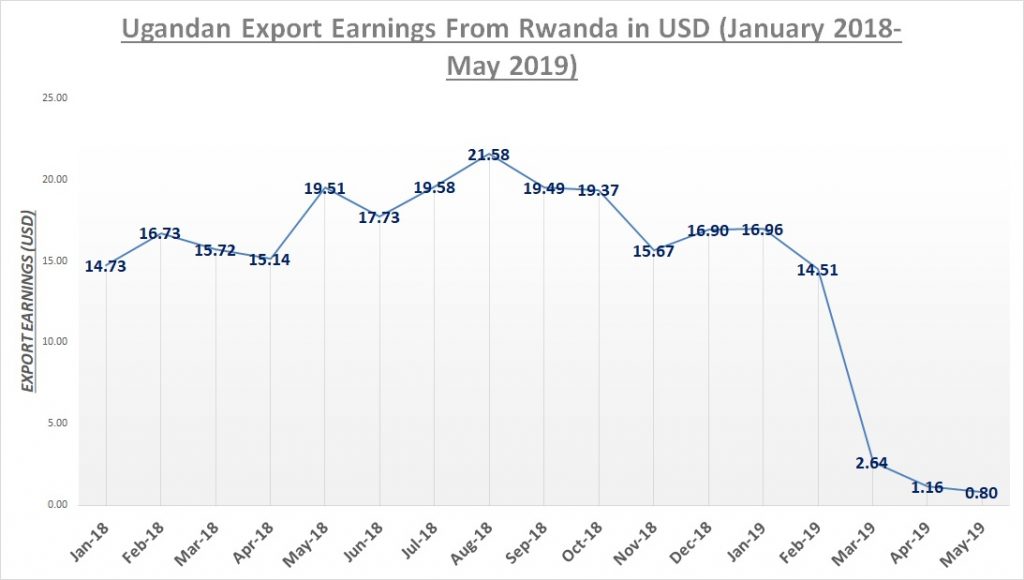
Monthly Ugandan export earnings from Rwanda have dropped by 94% since the start of a political-turned-trade feud between the 2 sisterly nations in February 2019.
Statistics from Uganda Bureau of Statistics and Bank of Uganda, show earnings reduced from USD14.51 million in February when Rwanda closed its borders to its citizens and Ugandan goods to a mere USD800,000 as at end of May 2019.
This is the lowest in 13 years, since May 2006 when monthly exports touched the USD280,000 mark.
The month of May however marked a relief for Ugandan exporters as export earnings from Kenya more than doubled, growing by 118%, from USD33 million in April 2019 to USD72.1 million- the highest in 17 months since January 2018 when export earnings reached USD83.8 million.
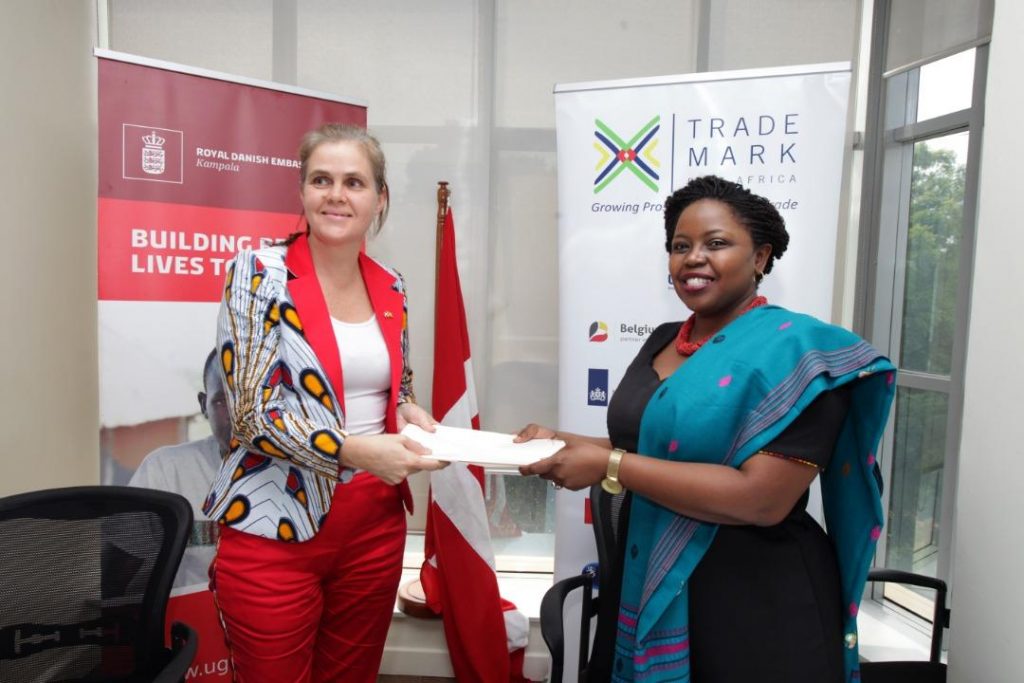
Previously, quarterly earnings from Kenya have been steadily falling since the start of 2018, by 68.82% from USD204.14 million in Q1, 2018 to USD63.66 million by the end of Q1, 2019- the lowest ever in 6 years.
Kenya and Rwanda are the top 2 destinations for Ugandan exports within Common Market for Eastern and Southern Africa (COMESA) accounting for nearly 50% of all earnings from the 21-nation Comesa bloc amounting to USD1,467.7 million in 2018.
The government of Rwanda on June 10th temporarily opened its borders at Katuna/Gatuna till June 22, 2019 to allow heavy trucks to cross, so as to “carry out trials for heavy trucks movement on Gatuna [Katuna] OSBP” and “assess the operationalization of the constructed works and equipment before the reception of works.”
Businesses count losses
Rwanda accuses Uganda of supporting her political enemies, an accusation that Uganda has flatly denied.
Rwanda has since February closed all its common border posts with Uganda including; Katuna, Kagitumba, Mirama Hills and Cyanika and ordered its citizens not to travel to Uganda. Rwanda is also said to have ordered its nationals doing business on especially the Ugandan side of the boarder to pack up and go home.
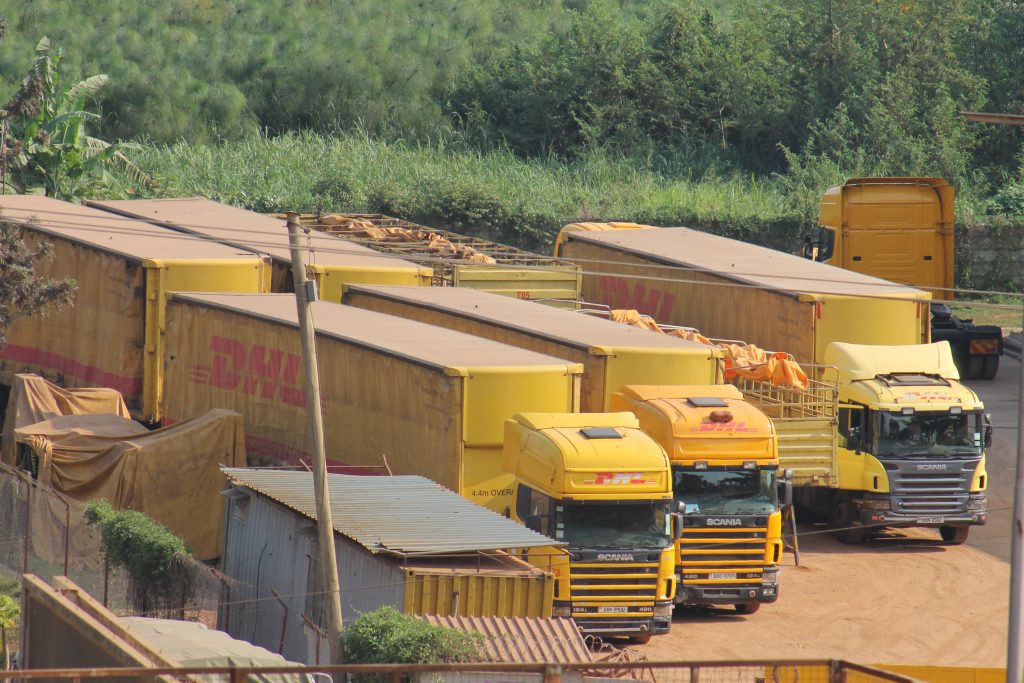
Uganda mainly exports food items, cement, steel, personal care products, beverages and animal products.
The trade spat between the two former allies and now frenemies, has had very many businesses count losses for the greater part of 2019.
“The Rwandan market is one of our key markets for Ugandan-made spirits and international premium spirits, as well as beers. It (the trade spat) has obviously affected us. We are hoping that whatever issues that caused the border closures will be addressed- beyond that I can’t say anything more,” said Mark Ocitti, the outgoing Managing Director of Uganda Breweries Limited, when asked how the border closures are affecting their export business.
The trade spat has also gotten donor agencies that have been funding trade development across the two borders concerned.
One of those concerned is Henk Jan Bakker, the Ambassador of the Embassy of the Kingdom of the Netherlands. His country is one of the principal funders of TradeMark East Africa (TMEA), a trade development agency that has invested significantly in improving cross-border trade through access to market information, improved logistics (aggregation, transport, storage), standards, ICT4Trade and simplified trade processes in the East African region including between Uganda and Rwanda.
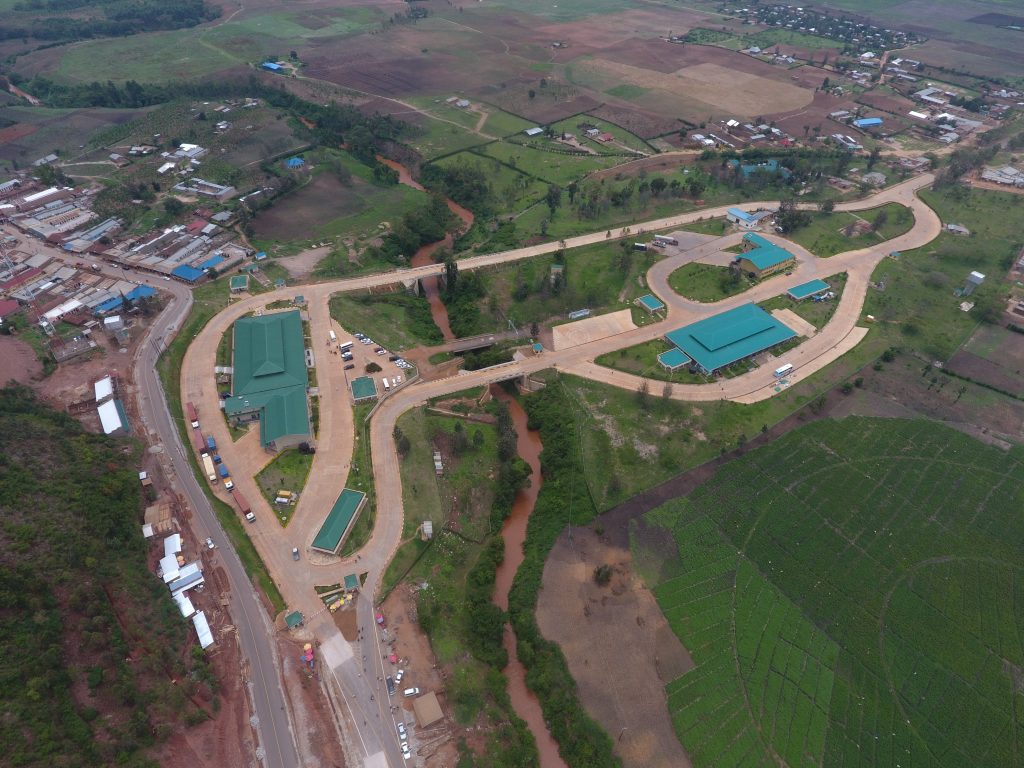
Amongst other interventions, TMEA has funded the construction of the 37km Ntungamo-Mirama Hills road and Mirama-Kagitumba One Stop Border Post (OSBP) facility that have brought relief to transporters and trans-boundary traders and travellers- reducing crossing time at the border by 72% from 5 hours to just 1 hour and 25 minutes. TMEA is also involved with another OSBP at the Katuna/Gatuna border crossing with Rwanda.
“First of all, the origin of the issues between Rwanda and Uganda are not trade related, they are political in nature. So I wouldn’t call it a trade spat. But trade is seriously affected and that is in nobody’s interest. We have on various occasions encouraged both governments to resolve these issues through dialogue,” H.E Bakker told us in an email response.
“We have indeed invested significant amounts of money in TradeMark East Africa (TMEA), and the results have been impressive in terms of reductions in the cost and time for goods to cross borders in East Africa,” he said, further adding that “At the same time trade within the EAC is going down rather than up, according to recent articles in the East African. Something doesn’t add up. Other barriers to trade are emerging. So more generally I am frustrated that our investment in TMEA isn’t (yet) bringing the increased trade volumes we expected.”
H.E Bakker further said that his country has variously called on the leadership of the EAC to “quell any protectionist tendencies, and do everything in their power to ensure that they reap the full benefit of the state of the art trade hardware and software at their disposal.”
Other than Netherlands, TMEA is also funded by the Belgian, Canadian, Danish, Finnish, Norwegian, British and American government’s either directly or through their various development cooperation agencies.
Her Excellency Majbrit Holm Jakobsen the Denmark Ambassador to Uganda, declined to comment directly about the matter and referred us to TMEA instead.
“Thank you for your email and for your interest in Danish support to Trade Mark East Africa. As for your question in relation to the bilateral relations between Rwanda and Uganda, this is a matter between the governments of the two countries and as such not for me to comment on. With regard to your question in relation to TMEA, I would suggest you contact TMEA directly for further information,” she told us on email.
Our email to Frank Matsaert, the TMEA Chief Executive Officer, remained unanswered by publication time.

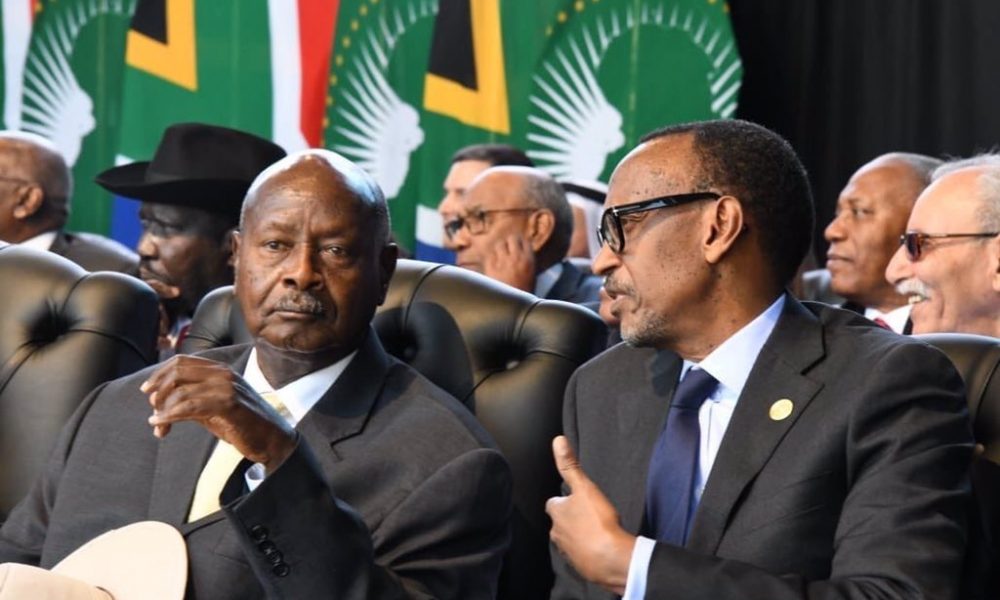
 Standard Chartered Bank Ordered to Pay Over UGX 850 Million to Grace Makoko for Unlawful Dismissal in 2015
Standard Chartered Bank Ordered to Pay Over UGX 850 Million to Grace Makoko for Unlawful Dismissal in 2015